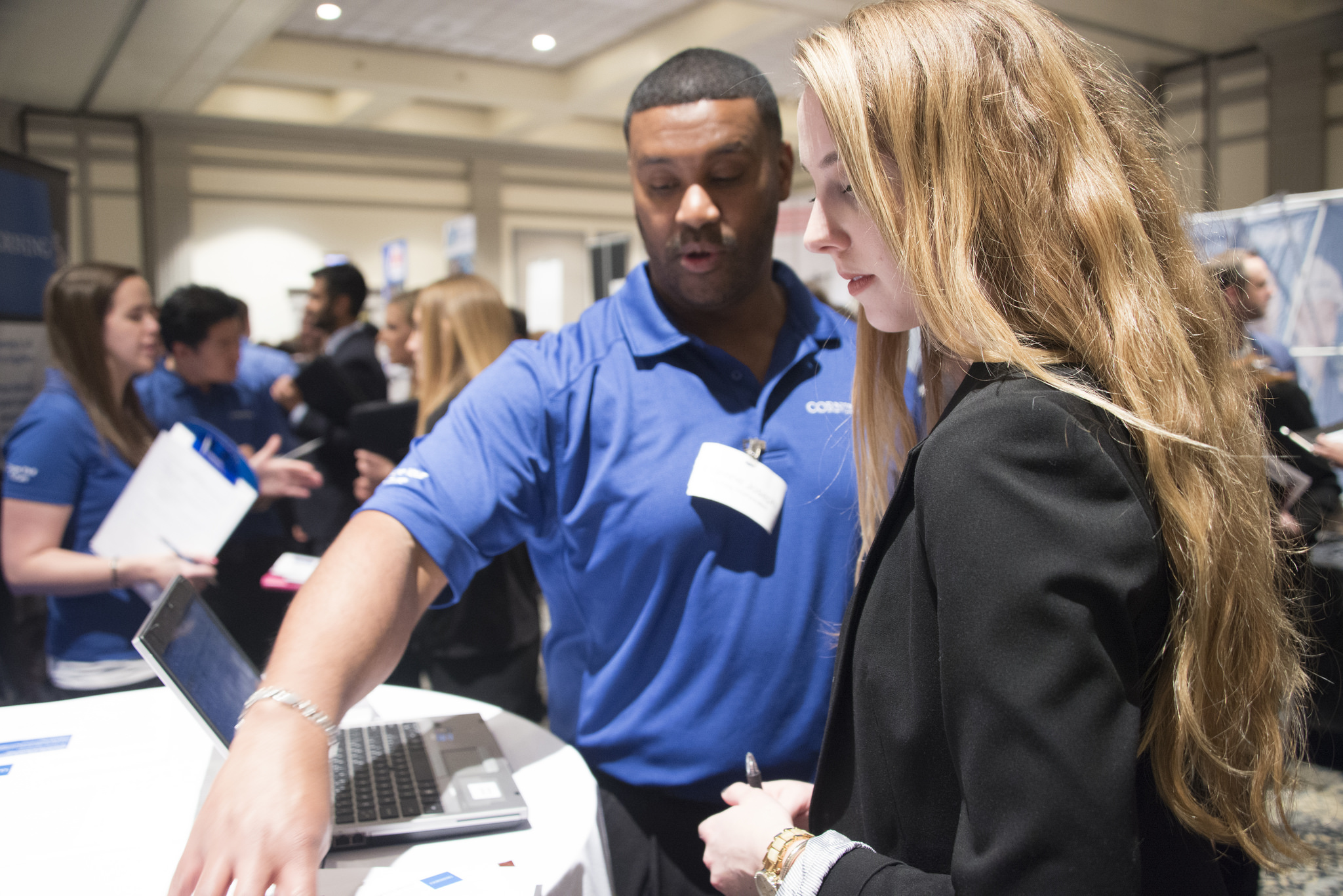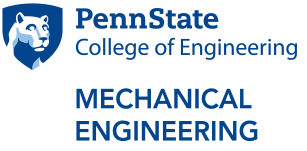
Mechanical engineering course prepares students for post-grad life
January 24, 2018
UNIVERSITY PARK, Pa. - A degree in mechanical engineering prepares students for an endless amount of careers across virtually any industry. But what happens once they graduate? Job hunts, 401Ks, and even personal budgeting can be uncharted territory for new graduates.
As an initiative proposed by the Industrial and Professional Advisory Council (IPAC), two new classes are being offered to help students succeed, inside the workplace and out.
Eric Marsh, the Arthur L. Glenn Professor of Engineering Education and associate head for undergraduate programs, explained, “We teach our students engineering. With this new professional development class, we’re also trying to get students thinking seriously about their future careers.”
In ME 390, the first half-credit class offered to juniors, students are taught how to navigate the job market. Katie Kirsch, a post-doctoral researcher and co-instructor of the course, said, “The biggest thing is helping our students stand out to recruiters. It’s about getting them aware of how to conduct a successful job search.”
The course also helps students determine a tentative five-year career plan and explore their interest in post-baccalaureate education. The students are even taught how to effectively identify and build relationships with mentors. “Even if their plan ends up changing, going through these steps is helpful,” Marsh said.
Jenny Lynskey, a junior majoring in mechanical engineering who took the course during the pilot program held in the fall, said the class helped her better visualize her post-grad options. “As undergrads, I feel that a lot of us don’t fully understand all the benefits of grad school and how to get in or fund it,” she said. “Those details were very insightful.”
The next half-credit offering for seniors, ME 490, goes even further. “After you graduate, it can be tough!” Kirsch said. “You get hired, you get health benefits, but someone can have no idea what to do next.”
Kirsch said one of her favorite lesson plans is charging students to create a personal budget. “You pick a city, find an apartment, and price it out,” she said. “Pretty soon, they’ll need to figure out how to do this in real life so we want to get them started now.”
With additional lessons in business ethics, international travel and cultures, and entrepreneurship, the coursework is laser focused on preparing students for the next phase of their life.
“Every student in mechanical engineering will be able to learn from this,” Lynskey said. “This course fully encompasses the high points of professional development that every [undergraduate] should know.”
The instructors hope to incorporate these classes into the mechanical engineering core curriculum. Marsh said, “Employers are very happy with our students’ technical skills. But this shows there is so much more to being a professional.”


